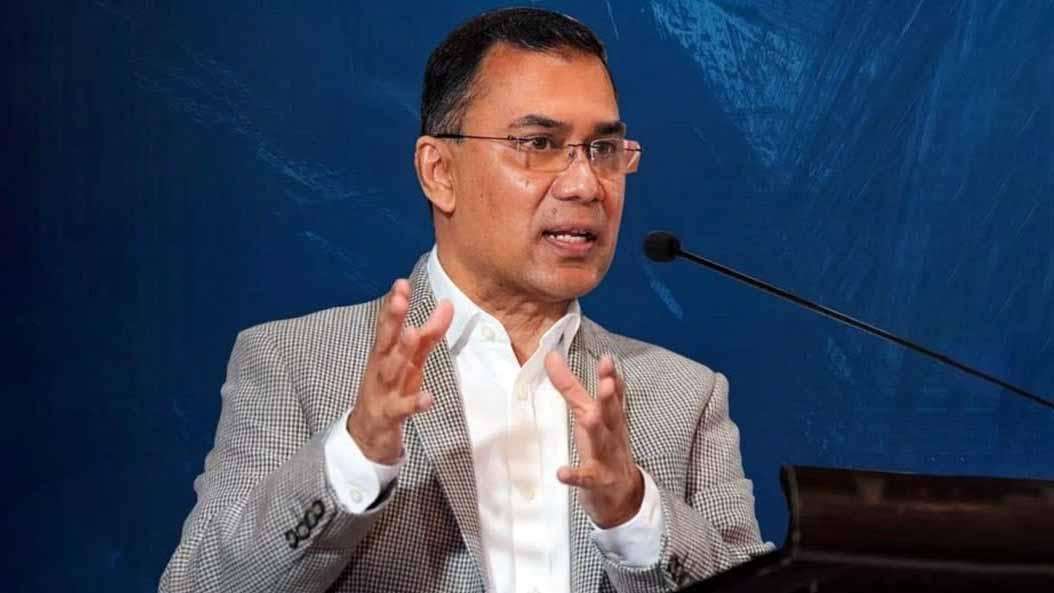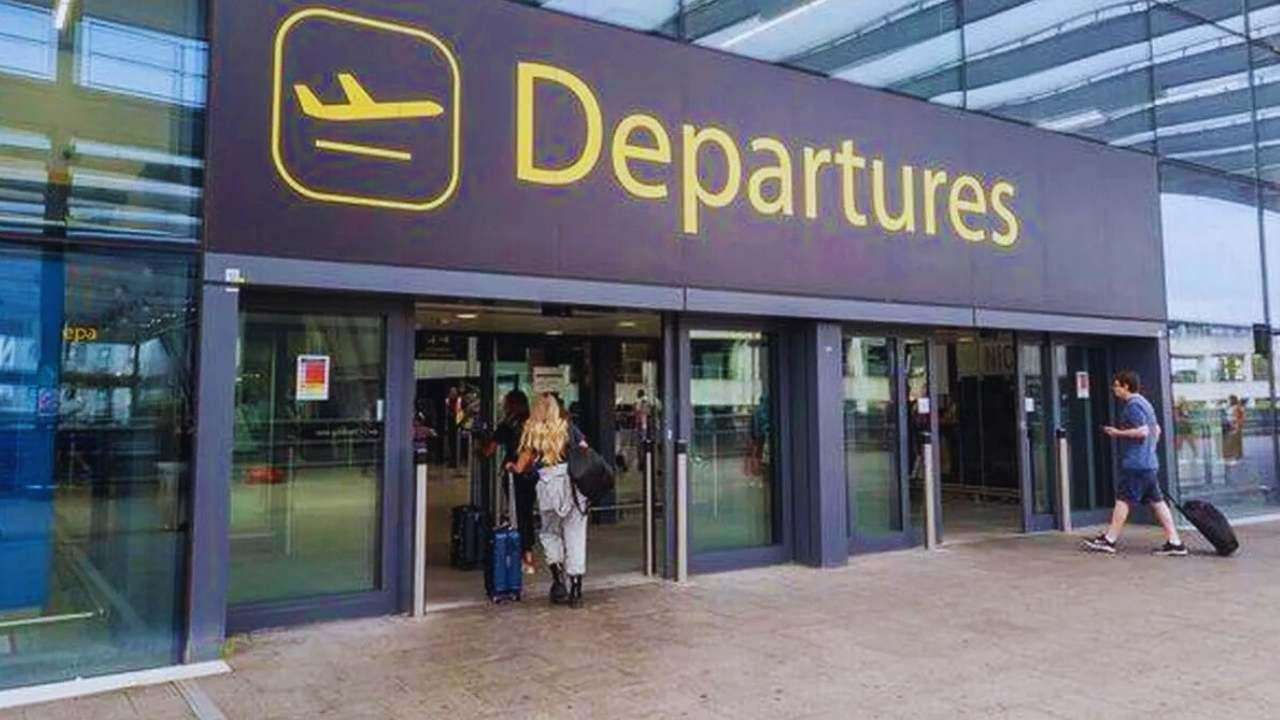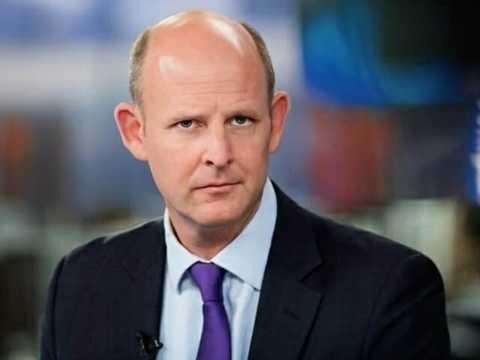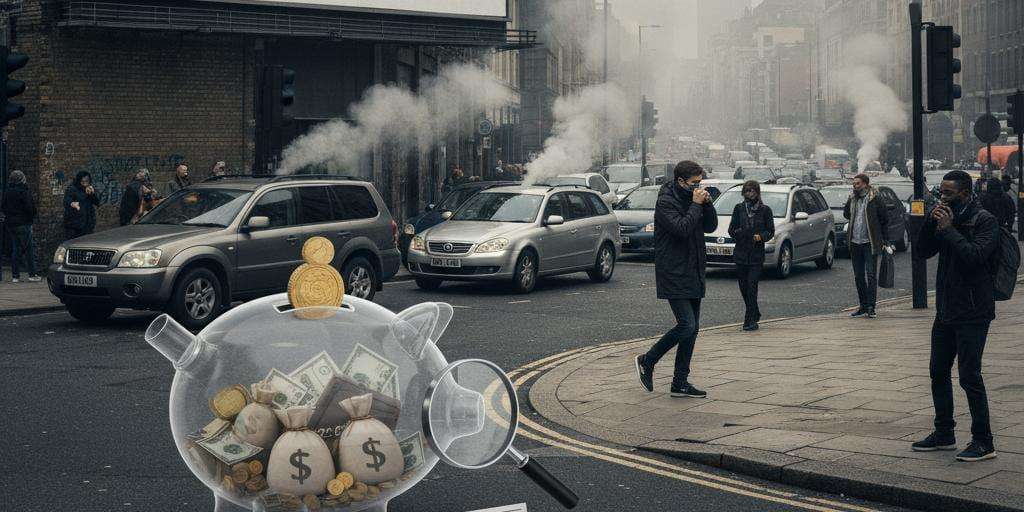In a dramatic policy escalation following the recent Islamist terror attack outside Heaton Park Synagogue in Manchester, Home Secretary Shabana Mahmood has signalled her intent to activate powerful, yet rarely used, deportation laws against foreign nationals who support terror groups, spout hatred, or celebrate atrocities—even in the absence of a criminal conviction.This escalation has sent a distinct shiver of alarm through communities with long-established ties to the UK, particularly thousands of settled Indian, Bangladeshi, and other South Asian residents who hold Indefinite Leave to Remain (ILR) but have never naturalised as British citizens. For decades, many viewed ILR as sufficient for permanent security, avoiding the cost and bureaucracy of the citizenship application. This new commitment to use the "not conducive to public good" deportation power for non-criminal extremism now brutally exposes the fundamental difference between ILR (revocable) and British citizenship (irrevocable), placing their settled lives directly at risk should their political or religious expression fall afoul of the Home Secretary's revised threshold, Daily Dazzling Dawn realised.
Speaking to the House of Commons, Ms Mahmood confirmed she is actively reviewing the full scope of her authority under the Immigration Act 1971, which grants the Home Secretary discretionary power to deport any non-citizen whose presence is deemed "not conducive to the public good." This commitment was prompted by a direct challenge from the Shadow Home Secretary to remove foreign nationals who express extremist views, sympathy for political violence, or anti-Semitism.
This move is widely seen as a politically acute attempt to demonstrate a decisive crackdown on extremism, a core policy area for the populist right and a direct appeal to voters considering switching their support to Reform UK. Immigration and national security are major drivers of Reform UK support, and by tightening enforcement in this highly visible area, the government aims to neutralise a key electoral threat. The language used, focusing on those whose presence is "not conducive" to British society, aligns directly with the "restoring control" rhetoric favoured by the anti-establishment right.
The Risk to Settled Residents and the Muslim Community
The renewed focus on the "not conducive" power places a particular spotlight on the security of settled residents:
- Who is at Risk of Deportation? The policy targets any individual who is not a British citizen but is a foreign national. Critically, this includes individuals with Indefinite Leave to Remain (ILR)—the status of permanent residence. While British citizens (those with British passports) cannot be deported, ILR status is revokable. If the Home Secretary issues a 'conducive to the public good' deportation order, an individual's ILR is immediately invalidated, making them liable for removal. The Home Secretary’s decision would only be challengeable through a legal appeal, often involving human rights law.
- The Extremism Focus: While Ms Mahmood insisted the fight is against extremism in all forms, stating that Islamists often suppress "their fellow Muslims," the context is unavoidable. The review follows the Manchester terror attack by Islamist Al-Shamie, who pledged allegiance to Islamic State in a 999 call, and the Home Secretary’s pointed critique that "not all of those protesting truly wish to see peace in the Middle East" regarding pro-Palestine demonstrations. Critics argue that broadly applying "extremist views" risks disproportionately impacting the Muslim community and infringing on the right to free, non-criminal, political expression, despite the legitimate rise in both anti-Muslim and antisemitic hate crimes recorded in the UK.
The policy review comes amid revelations concerning the complex domestic terror threat:
- The Attacker's Profile: The Manchester attacker, Jihad Al-Shamie, was an Islamist terrorist who had not previously been on the security service’s radar but was out on bail for rape charges at the time of the attack.
- Hero Fatality: Tragically, initial findings from the ongoing Independent Office for Police Conduct (IOPC) investigation suggest that one of the heroes, security guard Adrian Daulby, sustained a fatal gunshot wound during the armed police response while trying to protect the Synagogue. The Home Secretary confirmed the police are being treated as witnesses and that the IOPC investigation is expected to be concluded quickly.
- Counter-Terrorism Success: The police and MI5 have thwarted more than 40 terror plots since 2017, reinforcing the rationale for the heightened security focus.
The government maintains that these enhanced powers are essential to defeat a domestic terrorist threat that is "more complex, less predictable, and harder to detect than ever before."








.svg)


